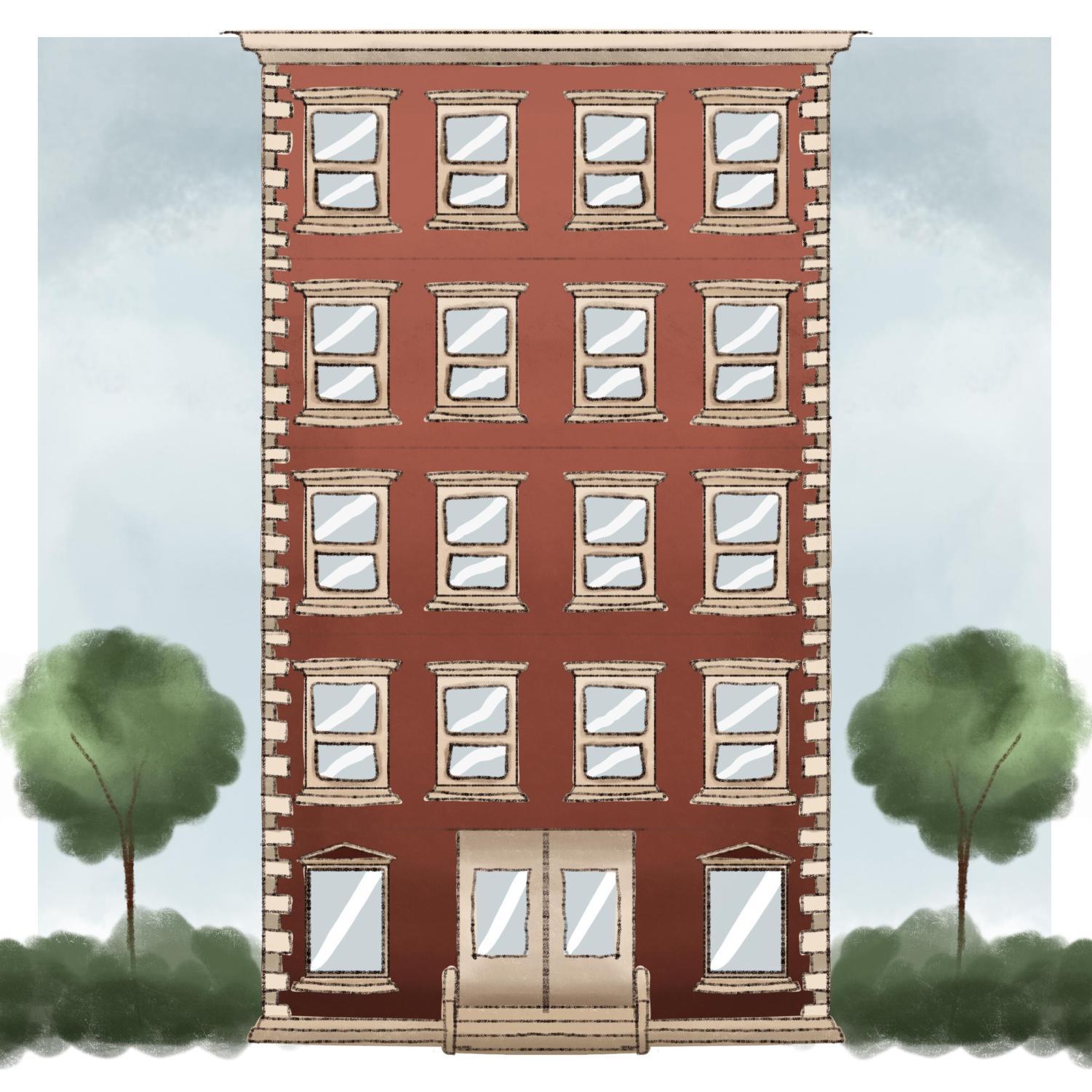Opinion | Why Pittsburgh needs a rental registry — and why we’re still waiting on one


Have you ever tried to rent out an apartment to someone?
Considering TPN’s mostly student audience, I’ll guess probably not. But if you suddenly found yourself the owner of a handsome multi-unit building in a popular Pittsburgh neighborhood, you might be surprised at how straightforward it is to get it on the market.
To rent out your property in Pennsylvania, you need to own a space, write a lease and provide a minimum standard of habitability. That’s about it. State law is somewhat light on tenant protections, leading cities including Erie and Allentown to pass local ordinances that require more from landlords.
Philadelphia’s rental license program — another version of the broad “rental registry” category of laws — requires landlords to certify that the property is lead-free or lead-safe for older buildings, report the number of dwelling units, pay $63 per year for each unit and include names of key people involved in the owning LLC on documents for transparency. In exchange, they get the right to evict tenants and collect back rent in court — and they receive a license to rent. The law has been relatively successful, with around 70% licensed as of 2020.
There’s no one way to design a rental registry. Some are tied to mandatory property inspections, others not. In Minneapolis, registrations are public, while other cities keep landlord information private. Portland waives registration fees for affordable units. Buffalo uses data tools to cross-reference where utility bills are sent to crack down on tax evasion and absentee landlords. All share basic common characteristics to tie properties to their owners, and all grant compliant landlords some version of a license to rent. But Pittsburgh has no such measure.
If the concept of a rental license sounds unfamiliar, it’s because they don’t exist in most parts of the country. This is the consequence of viewing housing as an investment to be bought, sold, speculated on and rented out. The issue is that it’s not right to treat housing as pure business — and I mean that as a categorical statement, not a value judgment.
Housing quality shapes health, ability to have a family, a person’s likelihood of attaining a higher-paying job and more. This means landlord choices have real consequences for Americans. As Shane Phillips of Shelterforce puts it, “Being a landlord is a unique line of work. In few sectors can someone assume so much responsibility with so little training.”
Consider some other areas of life governments oversee. Local governments might make zoning decisions or condemn a crumbling building. They can issue you a dog license. State governments institute requirements and charge fees for fishing licenses, to become a barber or to open a new restaurant. At the city level, the power to make laws to protect health and safety is known as police power. So why, despite Mayor Ed Gainey’s urging, do courts refuse to see housing as the health and safety issue it is?
Advocates in the city have actually been trying to make rental registries the law in Pittsburgh for over 15 years now, with four separate attempts to pass the legislation. Landlord associations have held up every bid in court. Newer iterations of the original ordinance have slashed fees from up to $65 in 2015 to to $14 per unit in the 2021 version and removed, among other details, the requirement to have a local contact for out-of-state owners and the requirement for landlords to participate in a “landlord academy” program imparting best practices — apparently not a popular idea among owners. The city also agreed to keep the list of landlord contact information private.
Yet the latest version has once again been challenged. The Pennsylvania Supreme Court recently declined to rule on the ordinance, which would have clarified what the city should do moving forward. We’re now waiting for the outcome of challenges to the stripped-back 2023 revision in the court of common pleas. John Corcoran, the attorney who represents plaintiff Landlord Service Bureau, said of the latest attempts to pass this common-sense legislation, “The city already has building codes to protect the safety of all residents, and landlords should not be singled out.”
I’ll set aside the fact that landlords already are singled out in that they don’t have to comply with licensing programs like many other business owners. The problem with pretending building codes are enough is that without any information on who owns what units, when they were last built or how many people live there, the only way the city can inspect properties and enforce those building codes is when tenants file a complaint. Complaint-driven mechanisms are less effective at identifying properties with problems. They also further disadvantage vulnerable renters — low-income and immigrant tenants — due to fears of retaliation.
Think of your friend whose South Oakland apartment has a gaping hole in the ceiling. If their landlord doesn’t fix it, does your friend have the time, confidence and money to pursue a formal complaint, possibly deal with repercussions from their landlord and maybe have to go to court, or will they accept it as grunge decor because they’re moving out next year anyway? That’s why we need a registry to enable proactive inspections.
These measures are not generally considered controversial pieces of legislation. Hundreds of cities, from Erie to Houston to San Francisco, have some sort of registry. The Post-Gazette published an editorial a few months back calling on landlord groups to stop blocking “common-sense city rental registry.” Rental registries help bridge the gap between city codes and reality. They also let cities collect essential data on housing trends, a need that will only grow as housing stock ages and the pool of affordable housing shrinks.
Landlords and those who defend their unfettered ability to profit off of the human need for shelter have tried to portray the measure as a “money grab.” Do we call it a money grab when the city charges annually for parking permits to manage demand and allow for street maintenance? Do we call it a money grab when the Pennsylvania Liquor Control Board charges $125 to $700 for a liquor license and limits the number of licenses available? Despite the rhetoric, the fact is that the cost of licenses in health and safety measures like the proposed registry covers the cost of implementing the program, like hiring more inspectors and maintaining quality data.
Making housing equitable and affordable obviously requires more than rental registries. After all, there’s nothing in the regulation’s language that prevents landlords from simply offloading the cost onto tenants. The legislation won’t make housing cheaper on its own. And it doesn’t uproot our current system of treating a human right by international law as a way to line Wall Street’s pockets.
What it does do is make possible further common-sense policy that lets people live in the neighborhoods where they work. It creates a steady stream of communication between landlords and the city. It means fewer caved-in porches and fewer ignored emails about leaky faucets. Let’s let the city get a rental registry done.
Recent Posts
SGB introduces new governing code bill and addresses rumors of ICE on campus
At its weekly meeting at Nordy’s Place on Tuesday, Student Government Board introduced an omnibus…
Opinion | School should be in the summer
Although this may be controversial, I believe that from this data, it is evident that…
Weathering the storm: Pittsburgh teams have tackled some of the toughest environments
The end of the year in western Pennsylvania is always marked by two things —…
Notes From an Average Girl // Notes on Book Banning
In this edition of Notes From an Average Girl, senior staff writer Madeline Milchman writes…
To Be Honest // Yup, it is that damn phone
In this edition of To Be Honest, staff writer Evin Verbrugge writes about her phone…
Meaning at the Movies | Portraying Toxic ‘Adolescence’
In this edition of Meaning at the Movies, staff writer Lauren Deaton explores the mini-series…
